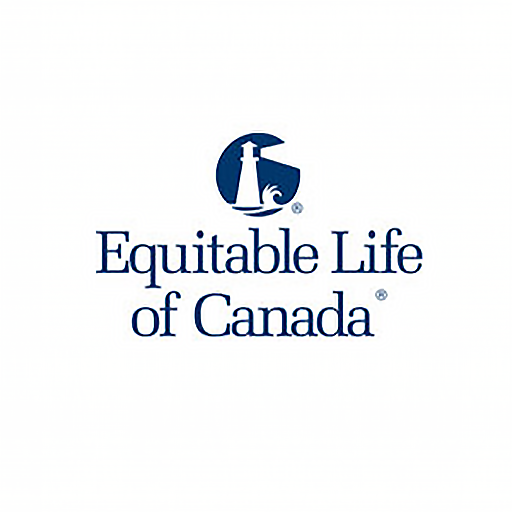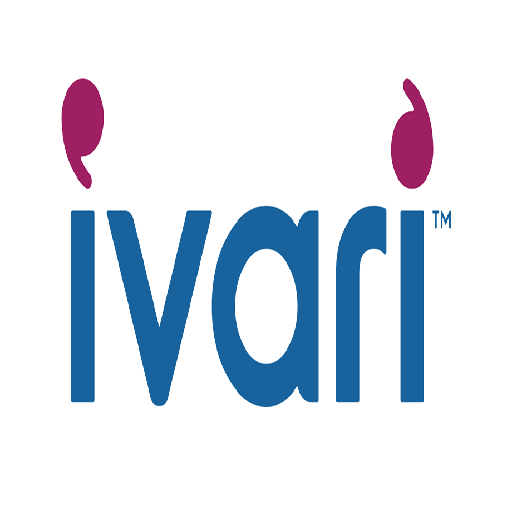Term insurance is the type of insurance policy that provides financial cover to an individual or group of people for a specified period. The policy is only active in the event that the insurer dies within the specified time. In the event that the policyholder dies after the expiration of the term insurance, there will be no coverage or payout.
The premium calculations are based on the individual’s health, age, and life expectancy. A backup of medical examinations may be needed for this verification depending on the policy holder’s choice of policy. A number of term policies offer level premiums for the stipulated period of the policy. On the other hand, other policies may offer to decrease or increasing benefits over time including the freedom to opt for permanent insurance.
Are you looking for a convenient life coverage that assures family asset and income protection?

When I need Term Insurance
Helps protect the asset and family if anything happens to the main income earner and pays off the mortgage.
In unforeseen events, it provides spouse and kids with income replacement.
You can leave enough money to cover all your debts, final expenses including funeral, and tax payoffs.
Leaving enough funds to cover costs for education of the kids
With buy-sell agreement business can be funded with this policy.
Are there types of insurance to choose from?
Definitely, the answer is a very big yes. There are various types of term insurance that are designed to cater to your different needs. We advise our clients to weigh the advantages and disadvantages of each option before choosing either of the available term insurances.
- Level term
- Convertible Term
- Increasing Term
- Mortgage Term or Decreasing Term
- Annual Renewable
What are the advantages of purchasing Term Insurance?
Term insurance has a number of benefits that make it attractive to a larger population of insurance seekers. These are:
What are the disadvantages of term insurance?
- It may not be possible to buy as much coverage as you age due to the increased rates
- The coverage purchased may not last long enough to be of benefit – it is not meant to last a lifetime
- The fact that it is a great solution for temporary needs makes it cost probative.
- It is the worst solution for those desiring covers that extend beyond life expectancy.
- It doesn’t have cash value because it lacks a return of premium of ROP terms.
Comparison Between Different Life Insurances
- Comparison
- Premium Cost
- Lifelong Cover
- Investment Component
- Cash Value
- Pros
- Cons
- Who needs it?
- Term Insurance
- Lowest
- No
- No
- No
- Easiest, most affordable, Debt protection
- Covers for the specified duration selected in the policy
- People looking for short term liabilities
- Whole Life
- Slightly High
- Yes
- Yes
- Steady, based on initial approved Rate of Return
- Most Reliable for cash and death benefits builds wealth and estate planning, provides guarantees and growth
- Inflexibility to change
- People looking to build Long term assets without market risk.
- Universal Life
- High
- Yes
- Yes
- Variable, based on investment portfolio
- Flexible for premiums build wealth and estate planning
- Slow growth if market crashes
- People looking for building long term assets with flexibility over time and investment.
Term Plans
Following are some general stats and also stats as per person aged 30 in 2020 (male)
- Comparison
- Renewable Till
- Guaranteed Premiums
- Convert to Permanent Insurance
- Protection coverage
- Best Suited for
- Premium
- T10
- Age 75
- For 10 years
- Till Age 71
- $100,000 or more
- Students, Temporary Residents, Line of Credit, Other Debts
- $10 per month
- T20
- Age 65
- For 20 years
- Till Age 71
- $100,000 or more
- Small Businesses, Temporary Residents, First time home buyers
- $12 per month
- T30/65
- Age 55
- For 30 years
- Till Age 71
- $100,000 or more
- Small Businesses, Mortgage Protection, Loan protection
- $17 per month
Our Trusted Partners
Riders
- Critical Illness
- Waiver of Premium
- Accidental Death





